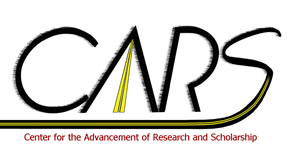Event Title
All Connected: Teaching for Differences is Teaching for All Students
Location
Hart 114
Start Time
10-5-2017 1:30 PM
End Time
10-5-2017 2:15 PM
Description
Data show remarkable gaps between students whose primary language is not English (PLNE) and their peers at BSU. In general, PLNE students felt less connected and welcomed at BSU (35% of PLNE respondents versus 68% of peers). Furthermore, significantly fewer PLNE respondents (48% vs. 87%) felt that they had the opportunity to succeed at BSU. Many PLNE students encountered comments like “Oh you speak English really well” and other “microaggressions” towards accent, pronunciation, and writing. In this panel, TESOL faculty and international education colleagues will discuss PLNE students’ challenges and adjustments and best supports and practices for increasing students’ global engagement. Presenters will:
- based on the focus group data, engage participants in the discussion of international students’ needs, and offer recommendations on how to support them academically, culturally, linguistically, and socially;
- introduce activities and strategies that aim to develop intercultural competence and reduce bias and judgment.
All Connected: Teaching for Differences is Teaching for All Students
Hart 114
Data show remarkable gaps between students whose primary language is not English (PLNE) and their peers at BSU. In general, PLNE students felt less connected and welcomed at BSU (35% of PLNE respondents versus 68% of peers). Furthermore, significantly fewer PLNE respondents (48% vs. 87%) felt that they had the opportunity to succeed at BSU. Many PLNE students encountered comments like “Oh you speak English really well” and other “microaggressions” towards accent, pronunciation, and writing. In this panel, TESOL faculty and international education colleagues will discuss PLNE students’ challenges and adjustments and best supports and practices for increasing students’ global engagement. Presenters will:
- based on the focus group data, engage participants in the discussion of international students’ needs, and offer recommendations on how to support them academically, culturally, linguistically, and socially;
- introduce activities and strategies that aim to develop intercultural competence and reduce bias and judgment.

Comments
Moderator: Khadija Monk